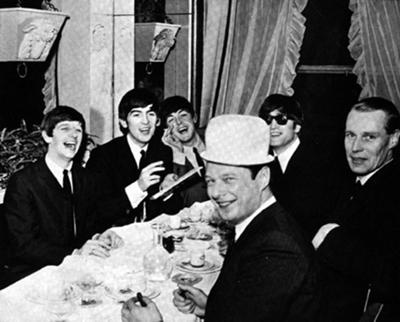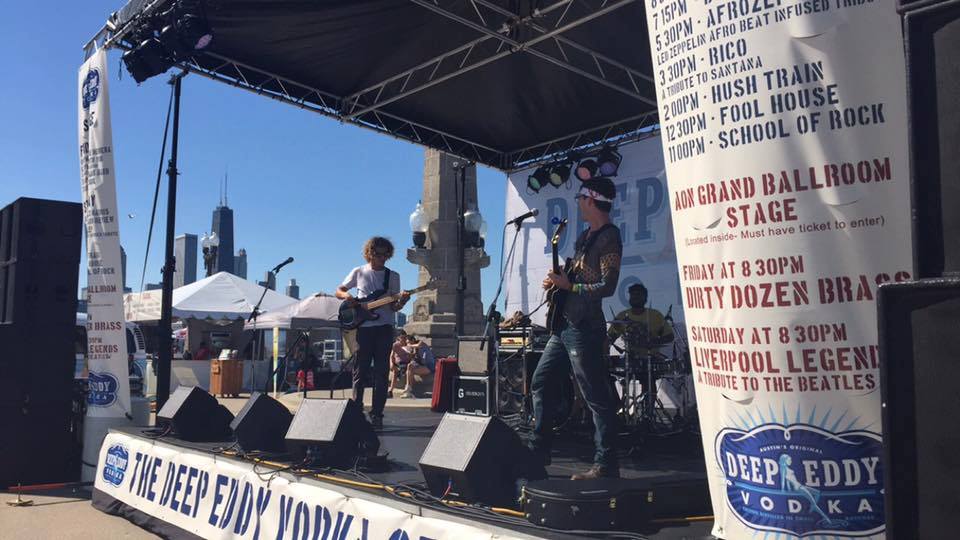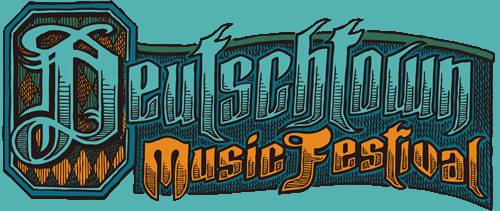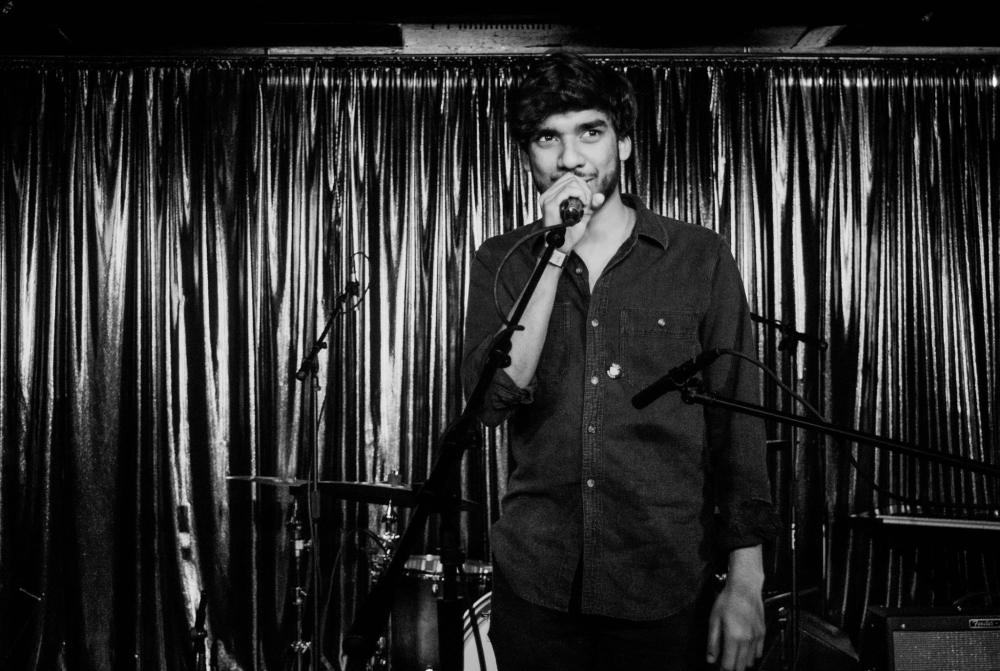
One of the most misunderstood elements of the music industry is the industry itself.
For many, the music industry is a narrative with artists as the most public figures, and a hodgepodge mix of agents, managers and executives who are largely unknown. “Success” is often seen as a stroke of brilliant luck, and failure often blamed on artists becoming burnt out or washed up.
However, like most convenient shorthand historical narratives, this story removes many of the major characters that dominate the music industry and shape an artist’s career.
Unbeknownst to many, there are countless stories of artists coming into conflict with their industry companions. For example, Brian Wilson of The Beach Boys — perhaps the most acclaimed American pop songwriter — famously shelved albums’ worth of material due to labels not believing it would be commercially successful in the market.
For others, these men behind the curtain curated the success of global phenomenons. The Beatles were not just a group of musical geniuses – they had a highly developed and responsive team to assist them in all aspects of their career. In fact it was their manager, Brian Epstein, who led them to early success by firing their original drummer, Pete Best, and convincing the group to change their wardrobe to the now famous suits and ties onstage.

But how does this relate to my thesis?
Well, my thesis studies how cultural factors have affected the local Pittsburgh music scene and pushed it more underground in college areas. However, I’m also interested in studying how the music industry itself has changed with advancements in technology, and, particularly, how these advancements have changed the role independent musicians play in the industry.
I quickly realized that in order to understand how the music industry is changing, I had to understand its history. I decided to pick up a book called “Cowboys and Indies: The Epic History of the Record Industry” by Gareth Murphy.

I drew three conclusions from Murphy’s work:
The first conclusion is this: Since the inception of the record industry with the creation of the phonograph, industry executives have always struggled to maintain monopolies over all aspects of an artist’s creation. By using a plethora of legal, financial and personal means, record executives have always sought to seek control over how artists create, and what they create.
Even today, artists still come into contractual disputes with labels over issues like ownership of material, royalty distribution, album obligations and more. In the mid-1990s, Prince had a famous dispute with his label Warner Brothers, creating a string of albums (releasing three in 1996 alone!) over his album obligations to the company.
The second conclusion is that, with every technological advancement, music becomes increasingly democratic and creates a new power struggle between artists, consumers and industry executives.
For example, when radio first became accessible it gutted the phonograph market. It also led to a new wave of youths learning how to use the technology and privately broadcasting before a series of laws were made to retain broadcasting power in the hands of a few. This is still seen today with the debates over online streaming, and using music pirating services.
The third conclusion I drew is that, as music becomes democratic, new fields of music begin to emerge in the marketplace and the record industry seeks to monopolize on these as soon as they are financially feasible. This leads to the formation of new genres becoming thrown to the forefront of the industry, and why certain periods of time are marked by the prominence of certain genres.
This is demonstrated by the rise of country music in the early- to mid-twentieth century. As the technology changed, more acoustic instruments were able to be recorded and records were cheaper to produce. As a result, new markets were found for newer artists in areas like Appalachia, the south and the midwest. Realizing that there was a demand in the marketplace, the record industry prioritized creating these records, leading to a sudden boom of country, folk and bluegrass music. Within a decade, individuals like Hank Williams, Roy Acuff, Ernest Tubb and more would become household names thanks to record labels understanding and responding to marketplace demand.
But Dhruva, why is this important to YOUR thesis?
Well here’s the interesting thing: For decades, maybe even centuries, the music industry has confronted these three conclusions in various cycles. Yet, our current global music scene may be the first where artists can truly be independent from labels and potentially achieve total success.
Technological advancements in recording, music consumption and music distribution have given more power to artists than ever before. Of course some of these technological advancements, such as online streaming, have fundamentally changed the economic landscape for many musicians (that’s a discussion for a later blog post). Yet, an artist could now create and record an entire record, and promote and release it to a global audience without the support of a record label at any point in the process.
(As a side note, the Grammys recently corroborated this point with an announcement that they are allowing online streaming albums to be nominated for awards).
Connecting this back to my thesis, this is a major shift in the music industry. Especially looking at a city like Pittsburgh, where a large chunk of the music scene exists in DIY spaces, it raises questions and challenges the narrative around an artist’s success. Artists may have the ability to actually shape and curate their own careers from the ground up.
Whether or not the man behind the curtain is there to help, artists now have the choice to follow the industry’s yellow brick road or forge their own path.










You must be logged in to post a comment.